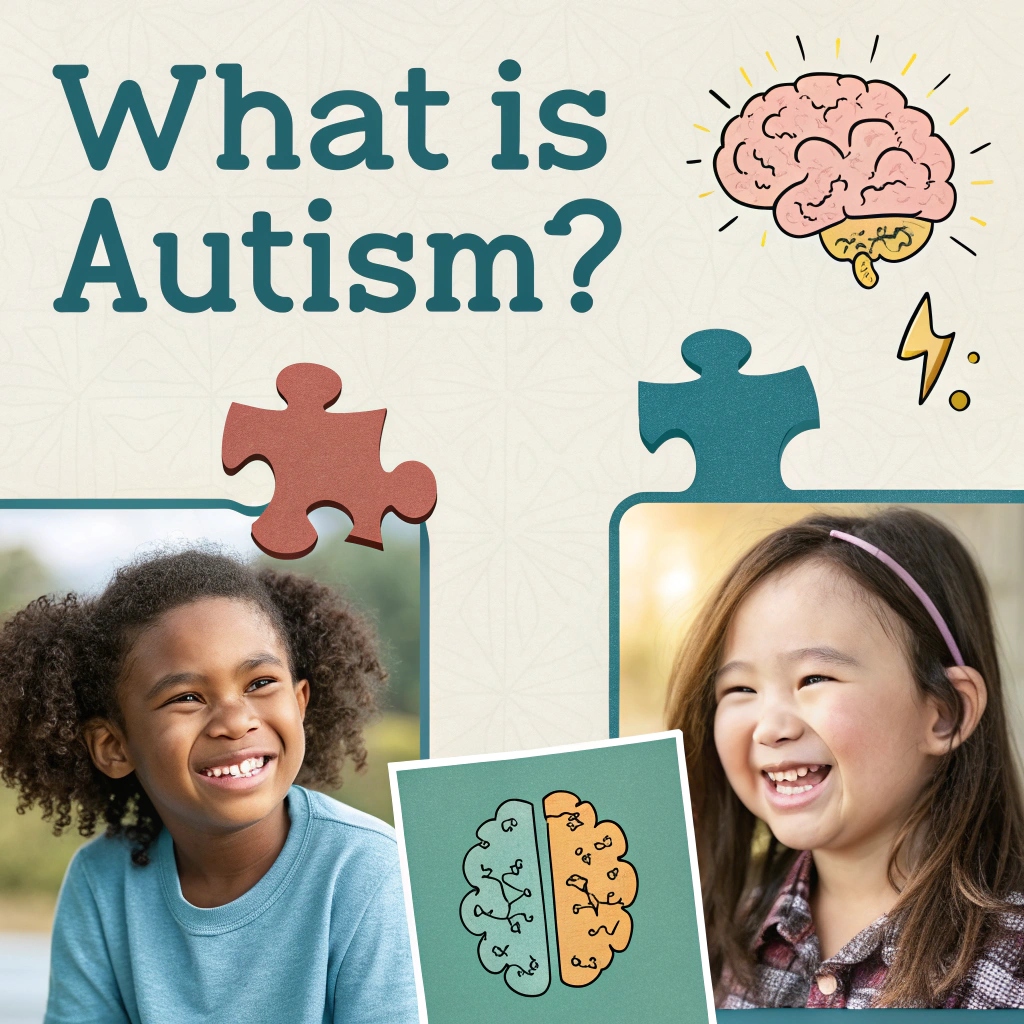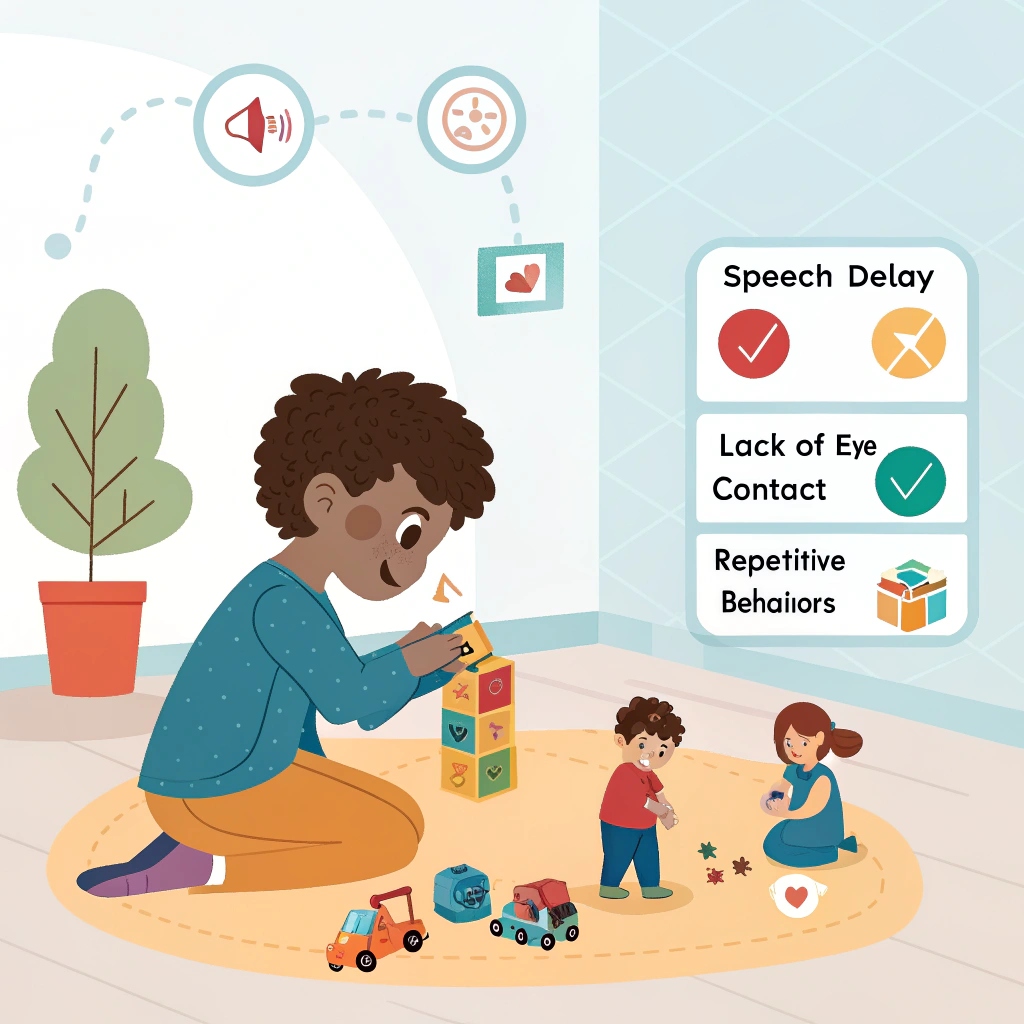What is Autism?
Autism, also called Autism Spectrum Disorder (ASD), is a condition that affects how a person thinks, learns, communicates, and interacts with others. It is called a “spectrum” because every person with autism is different. Some people may need a lot of support, while others live very independent lives.

How Do I Know If I’m Autistic?
Many adults wonder if they might be autistic. Some signs of autism in adults include:
-
Finding it hard to make friends or understand social rules.
-
Feeling very focused on specific interests.
-
Preferring routines and not liking sudden changes.
-
Finding it hard to read body language or emotions.
If you notice these signs, you can talk to a doctor or a psychologist for an autism diagnosis process.
Can Autistic People Live a Normal Life?
Yes. Many autistic people go to school, work jobs, and have families. With the right support, therapies, and understanding, they can live happy and meaningful lives. Living with autism may mean doing things differently, but it does not stop someone from achieving goals.
How Do I Know If My Child Has Autism?
Parents often ask about the early signs of autism in children. Some common signs are:
-
Not making eye contact or smiling much.
-
Speaking later than other children.
-
Repeating words or actions.
-
Playing alone instead of with other kids.
If you see these signs, you can take your child to a doctor for an autism symptoms checklist or evaluation.
Autism in Teenagers
For teens, autism can look like:
-
Finding school social life difficult.
-
Becoming very focused on hobbies or subjects.
-
Feeling stressed in noisy or crowded places.
-
Needing clear routines to feel calm.
Support from teachers, family, and autism support groups in the US can help teenagers feel more confident.
Myths and Facts About Autism
There are many autism myths vs facts.
-
Myth: Autism is caused by bad parenting.
-
Fact: Parenting does not cause autism.
-
Myth: All autistic people are the same.
-
Fact: Autism is a spectrum. Every person is unique.

Autism Causes and Risk Factors
Doctors do not know one single cause of autism. Research shows it may be linked to genetics, brain development, and environmental factors.
Autism Treatment and Therapies
There is no “cure” for autism, but there are many helpful supports:
-
Behavioral therapy to learn new skills.
-
Speech therapy to improve communication.
-
Occupational therapy for daily living skills.
-
Support groups for families and parents.
These resources help autistic people live better lives.
Autism Resources for Parents
Parents can find support through:
-
Local autism centers.
-
Online communities and forums.
-
Autism support groups in the US such as Autism Speaks and Autism Society.
These groups give information, help, and hope.
Conclusion
Autism is not an illness—it is a different way of experiencing the world. By learning about autism spectrum disorder (ASD), recognizing signs in children and adults, and using the right therapies and resources, families and individuals can live full, meaningful lives.
